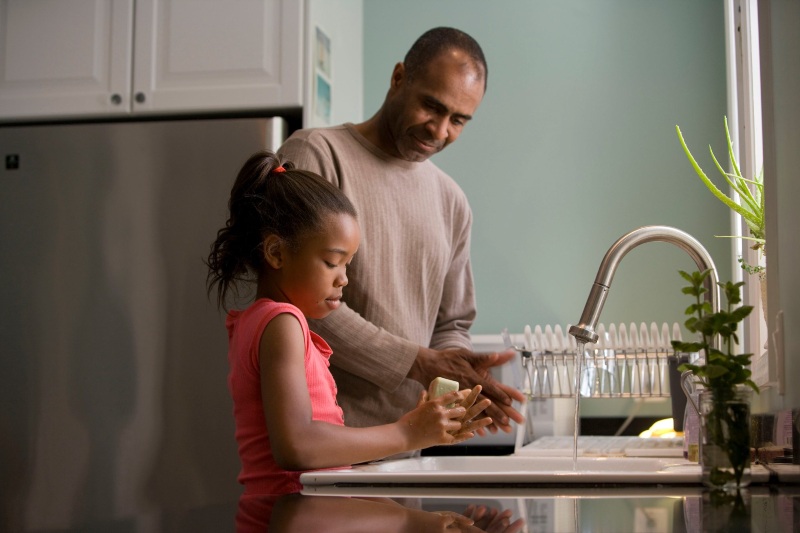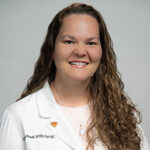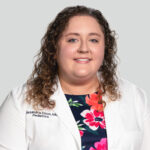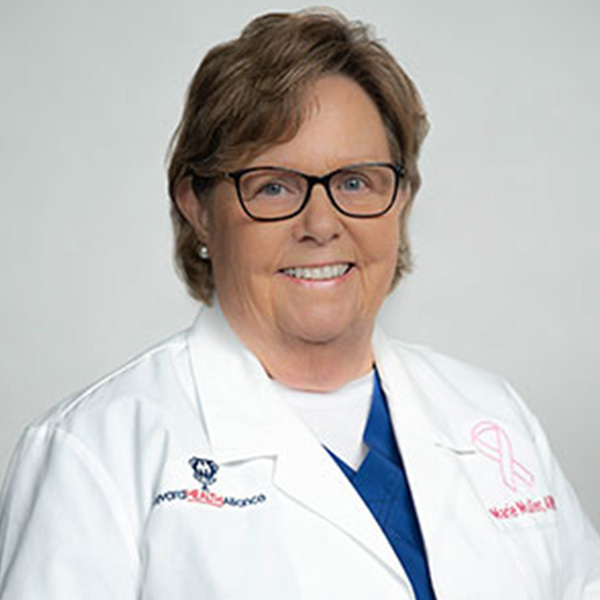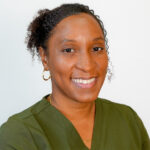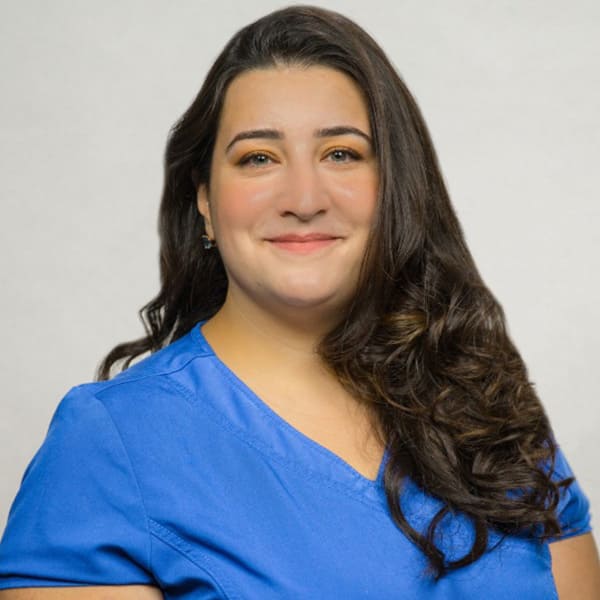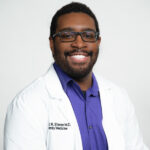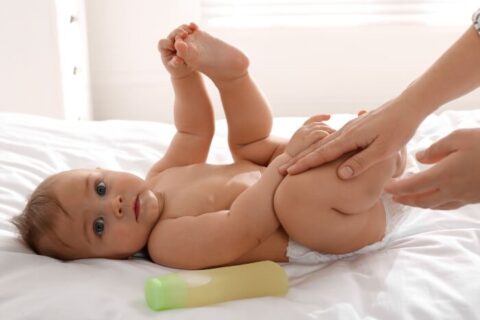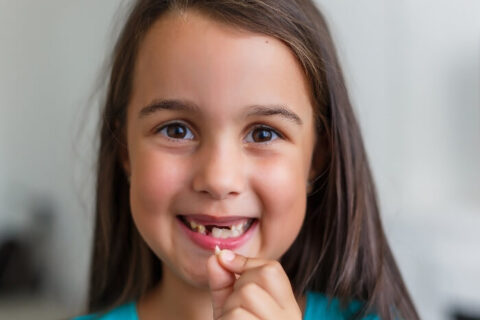Teaching Good Hygiene to Children
Teaching kids to care about personal hygiene will be one of the most important lessons a caregiver passes on. Good hygiene is crucial to overall health and preventing illness. Here’s how teaching good hygiene to children benefits everyone.
Personal Hygiene for Kids – What They Need to Know
At Brevard Health Alliance, we’re dedicated to making sure kids lead healthy lives. There are a few tips that children should always keep in mind when observing personal hygiene. Here are a few.
1. Keep Their Hands and Face Clean
They should know to wash their face and hands when they come inside and before they eat. They should understand how washing prevents the spread of illnesses, germs and bacteria. When they’re very young, wash your hands together as creating personal hygiene family activities helps.
2. Cover Their Mouth
Germs go great distances. Teach your kids to cover their mouth and nose when they sneeze or cough. And they shouldn’t do this with an open hand. Teach them to cough into the crook of their arm.
3. They Need to Know Dental Health and Hygiene
Youngsters develop the necessary motor skills for brushing between ages 6 and 8, depending on their manual dexterity and ability to spit out the toothpaste rather than swallow it. But you still need to monitor the situation. They should brush their teeth, their tongue and floss. Get a two-minute hourglass to add a little fun to the task. That’ll simplify the importance of personal hygiene for children.
4. Schedule Regular Bath Times
As any caregiver knows, getting a child to get ready in the morning is a chore. Set up evening baths. The routine is a great way to teach personal hygiene for children.
Personal Hygiene for School Students
Personal hygiene for school students going through puberty requires a deft hand. They should shower daily and understand the importance of mouthwash, deodorant and, when the time comes, how to manage body hair.[1] Girls who have started their period will need advice on how to safely dispose of their sanitary pads and tampons as well.
It’s important that you help with personal hygiene for kids. Don’t just tell them to pay attention. Make it understood why personal hygiene is so important. If you want to know more, contact us at Brevard Health Alliance.
References
